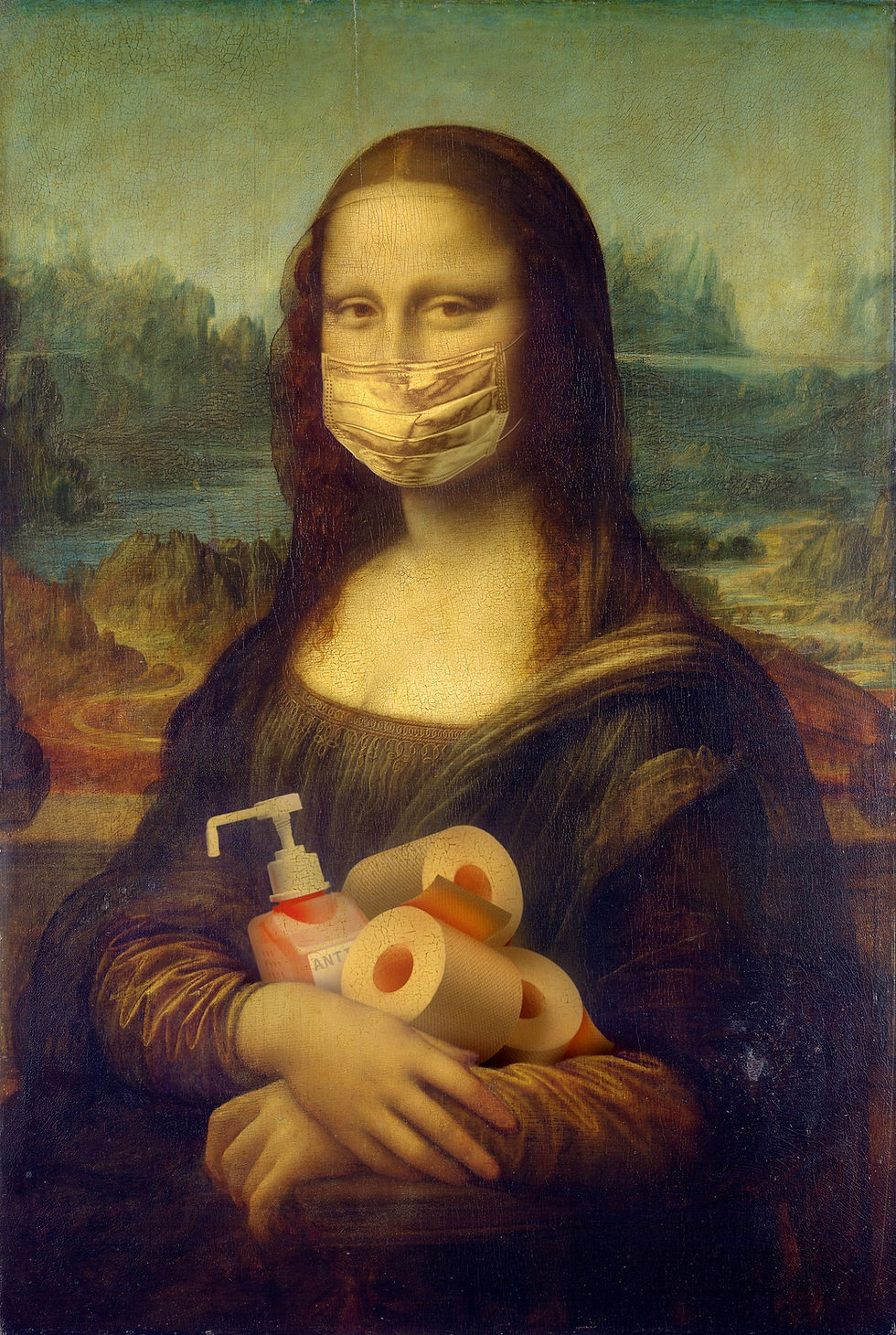The C Word - Part 2
- Coach Knickerbocker

- Aug 7, 2018
- 3 min read

We last left off with my statement:
"It's about creating a competitive team environment that feeds the connection between rowers while also pushing each other in a healthy, and growth-focused way. Resulting in accomplishing more as a group than you could've accomplished as a single individual.
So how do athletes and coaches do this?
Let's start with the coaching side of the equation.
Coaches have an incredible level of influence in creating a positive competitive environment in the boathouse and on the water. This is managed by scheduling in specific events or types of practices that encourage a healthy competitive environment. By clearly defining exactly what your expectation is with regards to how rowers are interacting and supporting one another you facilitate and grow that environment.
Ultimately you want to see your most advanced and experienced masters women welcoming, encouraging, supporting, and mentoring your intermediates and/or novices. I'm specifically addressing masters women here but I will tell you that in my coaching experience I have seen this approach work excellently with Jr's and Collegiate rowers as well.
Exactly what does this look like? here are some suggestions.
- Advanced/Experienced rowers are actively cheering on and rallying Nov/Int during erg pieces.
- Erg relays with mixed levels on the same teams.
- Mixing lineups when the club is NOT in high racing season. This reminds the Adv level women what it was like to be a novice and how far they've come while giving the Nov/Int folks the opportunity to row up.
- As the coach of the Adv/Competitive racing group you actively chat with new rowers to the club or you are directly coaching Nov/Int when possible.
- As the coach, you talk with Nov/Int who have not raced about what racing is like, why it's fun, how it works at regattas, etc.
- Take a moment after practice one day to have a panel of experienced racers answer questions from Nov/Int rowers who might be interested in racing.
- Talk to your team about their feelings with regards to being competitive and suss out why some women may not feel comfortable. Having an open and honest discussion about these types of things also helps to foster a connection between teammates.

Now, how do rowers create a healthy competitive environment?
You can probably figure out that it's some of the same things that I mentioned above but from the rowers perspective.
- Reach out to one or two of the novicey rowers that you suspect would make good competitors and ask them if they want to race? Engage them in a discussion about racing and help to dispel any myths they may have.
- As experienced and advanced as you may be you didn't come out of the womb knowing how to row or race! Remember what it was like for you and translate that experience for a novice rower into where you are now.
- If you are a captain or maybe the social organizer of the group invite novice/Intermediate rowers to outside events in order to get to know other rowers and racers, potlucks, bbq's, birthday parties, etc. Get-togethers outside of the boathouse reduce the feeling of separation between the levels of rowers, and between racers and non-racers.
Developing a healthy sense of your competitive self is a process and involves being interested in challenging your own belief system about competition, being competitive why your competitors matter and who your most important competitors are.
In my next piece, I'll touch on what type of competitor will push you to be your best.
Row hard, row well, compete, have fun!
Coach Knickerbocker




Comments